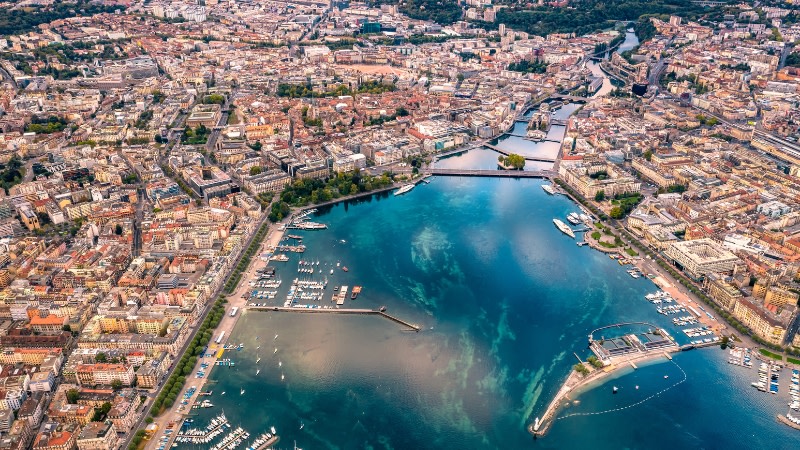Australian Cities Rise in Global Construction Cost Index

Australia is far from the only country suffering under a construction crisis, an annual report from a global construction consultancy has revealed.
Arcadis’s 2023 International Construction Costs (ICC) index, ranking the relative cost of construction in 100 cities, found that Sydney remained the most expensive Australian city for construction in 2022, climbing the global ranking to 36, four places up on the previous year.
Other Australian cities also were less expensive in 2022 compared to similar cities overseas—Melbourne came in at 49 (maintaining the same place as last year), Brisbane at 46 (up from 50 last year) and Perth at 57 (up from 61).
The exception is Adelaide which ranked at 63, down from 60 last year.
Globally, Geneva has overtaken London as the most expensive city in the world in which to build. London has slipped to second place, followed by New York and San Francisco, which have edged one and two places respectively further up the global rankings.
The cost of construction across Australian cities had surged during the past 12 months, and in some sectors prohibitively so, Arcadis executive director of cost and commercial management Matthew Mackey said.
“The latest index demonstrates that many of the factors driving the increase in construction costs are, in fact, of a global nature.
“Rising energy costs, the higher cost of materials, and excessive transportation and logistics costs are all contributing to the bottom line.
“It is likely that many of these drivers are here to stay, and clients therefore need to evolve and adapt to this new environment.
“Focusing on the benefits associated with longer-term investment planning, making use of digital technologies, and driving collaboration across the project lifecycle are just some of the ways that clients can mitigate the rising cost of construction,” Mackey said.
The 2023 Arcadis ICC Index covers 100 of the world’s large cities across six continents.
The cost comparison was developed covering 20 building types, including residential, commercial and public sector developments, and is based on a survey of construction costs, a review of market conditions and the professional judgement of Arcadis’s global team of experts.
The calculations are based in US dollars and indexed against the price range for each building type relative to Amsterdam.

Arcadis global sales director Kathleen Abbot said investors in long-lived assets must take a long-term view.
“We know property markets are cyclical but the challenges we face today in terms of addressing low-carbon performance and climate change resilience won’t go away and the green premium will only get wider.
“High construction prices and rising interest rates are a big barrier to action but ‘do nothing’ isn’t an option when regulations, investment standards and customer expectations are all ratcheting upwards.
“These barriers need to be addressed head-on, through targeted investment that will protect value, improve net-zero performance, and ensure the longevity of assets and portfolios well into the future.”
10 most expensive cities
1. Geneva
2. London
3. New York City
4. San Francisco
5. Munich
6. Zurich
7. Copenhagen
8. Hong Kong
9. Boston
10. Philadelphia
Australian cities rankings
36. Sydney
46. Brisbane
49. Melbourne
57. Perth
63. Adelaide














